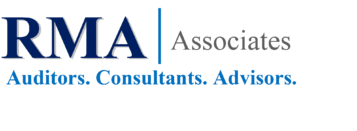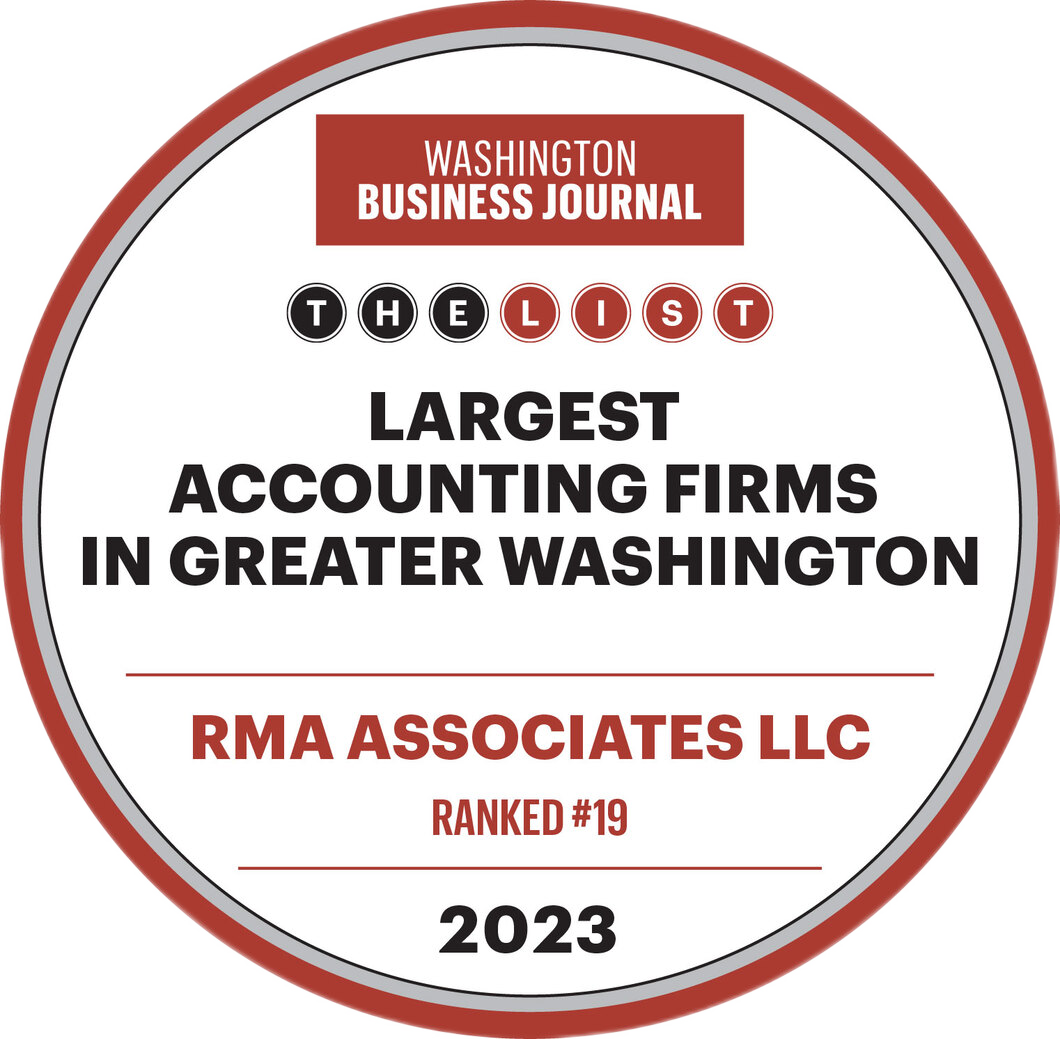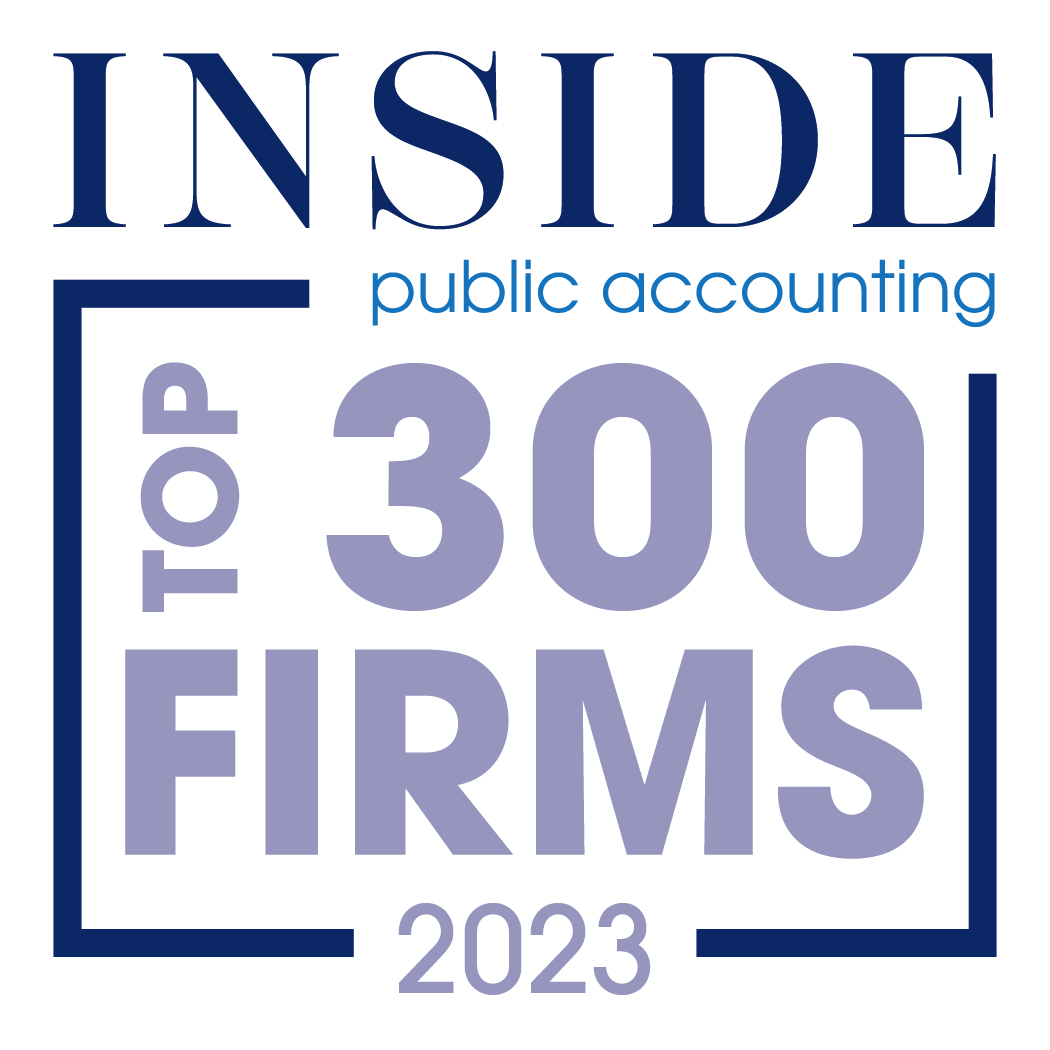by: Tom Hood, CPA, CITP, CGMA
August 9, 2018
There has been a lot of talk about the robo-apocalypse coming to accounting and auditing since the publication of the Oxford study on the “Future of Employment”. Yet we like to say in every major challenge there is a frustrated opportunity. So while many talk about commoditization of the audit and a decline in relevance, we see an opportunity to reimagine and redefine the audit and what it means to be an auditor.
A recent report from Forbes Insights/KPMG report, “Audit 2025” articulates many of the changes we think are needed for this renaissance in our Profession.
“Clients are no longer looking for just a rearview mirror view, but a view through the windshield on where we are going and how to navigate the landscape of risks, opportunities, changing regulations, competition and globalization.” – Chris Stansbury, CFO Arrow Electronics
The Forbes Insights/KPMG report shows a 25% increase in Executives who believe that auditors should be more proactive in expanding the role of the audit and 80% of respondents —say auditors should use bigger samples and more sophisticated technologies for gathering data and performing analysis in their daily work. Thanks to the cloud and emerging technologies like artificial intellience, cognitive computing and machine learning 100% sampling and advanced and predictive analytics are now possible. This opens up a new world of possibilities for auditors to be proactive, future-focused professionals providing insights for clients and protecting the public interest and trust in our capital market system.
At a recent session we did for the PCAOB’s Standing Advisory Group, the concern was expressed that only the largest CPA firms would have access to this technology. In addition to the ‘concentration risk’ is the irrelevance risk for smaller CPA firms who might not have access to this technology. Thanks to the exponential hard trends these technologies are moving fast enough to be available to CPA Firms of all sizes, now!
One example is Samantha Bowling, CPA, CGMA, a partner in the firm of Garbelman and Winslow in Southern Maryland featured in this Bloomberg article, Small Firm Blazes Trail in Artificial Intelligence Use for Audits. The article describes her pioneering use of a relatively new AI auditing solution as follows,
“Instead of having a CPA sift through a random sample of a company’s financial records, MindBridge Ai Auditor examines each transaction and sorts it into risk categories labeled high, medium, and low. The machine spots which transactions are irregular, like a $15,000 rent payment for a company that typically spends $10,000, and labels them high risk.
Bowling then scrutinizes high risk transactions. She can then ask a client to prove that transaction is valid, saving her time and improving the quality of the audit.
“It gives me a comfort level that I’m looking in the right place,” Bowling said.”
In addition to AI, there are other solutions implementing advanced analytics for auditors like CaseWare IDEA® and Validis. Another recent entry to the market is Onpoint (a compilation and review product developed by the AICPA and CaseWare). We expect more and more solutions to show up on the market to help CPA firms of all sizes to take advantage of technology to increase their capabilities.
Here are six things auditors can do to increase their relevance and become indispensable to clients and the public interest we are licensed to protect:
- Start with developing a #FutureReady and growth mindset and make the shift from past-focused to future-focused, from being reactive to proactive.
- Become more #FutureReady (Aware, Predictive and Adaptive) by learning how to anticipate emerging technologies and trends in business, demographics, and the social environment and their impact on your firm and your client’s industries. (See The Anticipatory Organization™Accounting and Finance Edition).
- Acquire new skills in strategic thinking, communication and technology. (See Top 7 Skills for CPAs, Finance and Accounting Professionals in the Age of Machines).
- Adopt a ‘windshield view’ and apply the #hardtrends (Top 10 technology hard trends facing accounting and finance professionals) to thoroughly understand your client’s industries and the emerging issues and risks they will be facing. Use this understanding to offer new insights on future risks, challenges and opportunities.
- Leverage these new skills to increase your relationships with clients and stakeholders based on integrity, trust, objectivity, and professionalism that our Profession is known for with this new capacity for insights and future focus.
- Keep your antennas up and keep scanning for new technologies in artificial intelligence, cognitive computing, machine learning, advanced data analytics, and cyber-security that can super-charge your auditing capabilities.
This is an exciting time to be a CPA for those who can see the huge opportunities through this fog of uncertainty. It is time to look to the future, be bold and redefine and reinvent our Profession to be indispensable to our clients and the markets we serve.
Don’t miss the first US Artificial Intelligence (AI) in Auditing and Accounting Conferenceon December 5th, 2018 and the CPA Summit on December 6th, 2018.
Article via LinkedIn




No responses yet